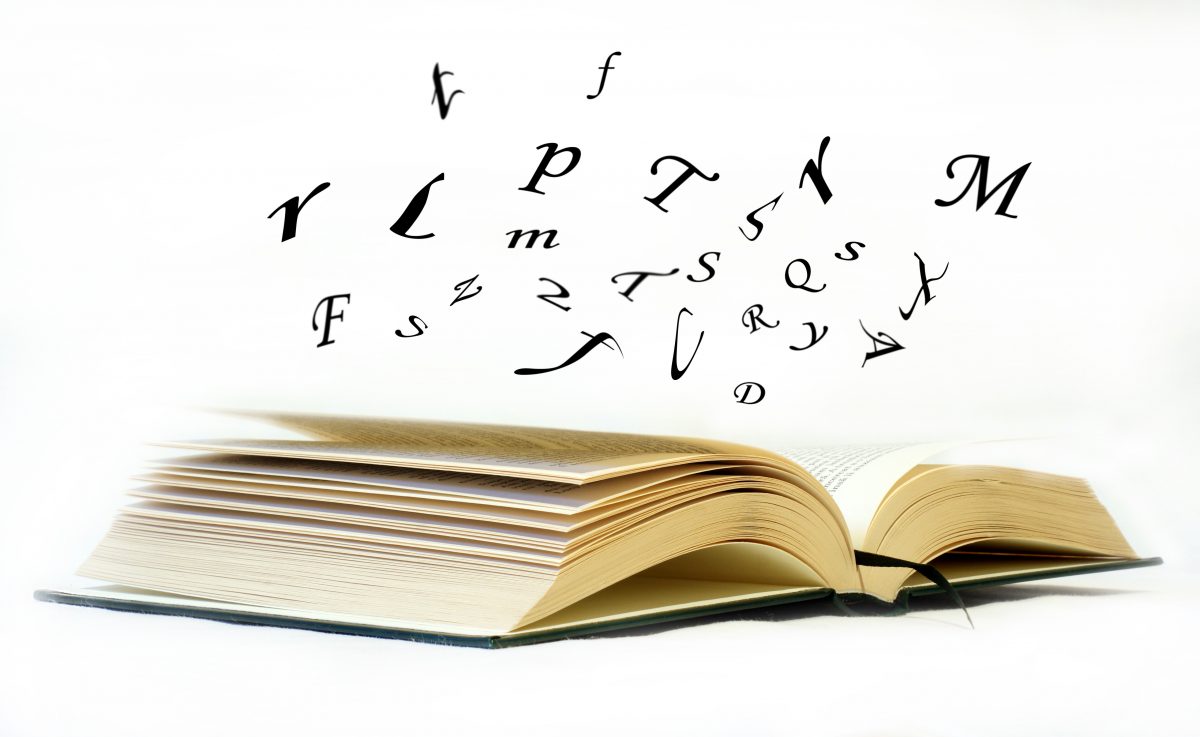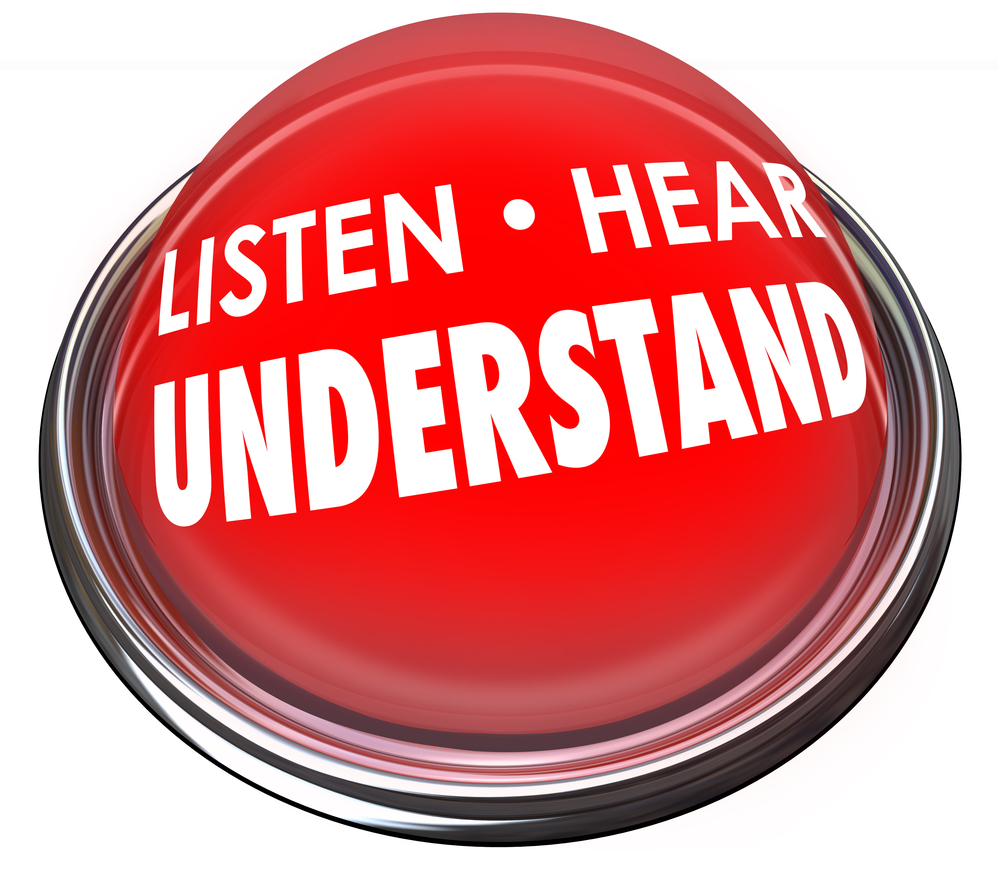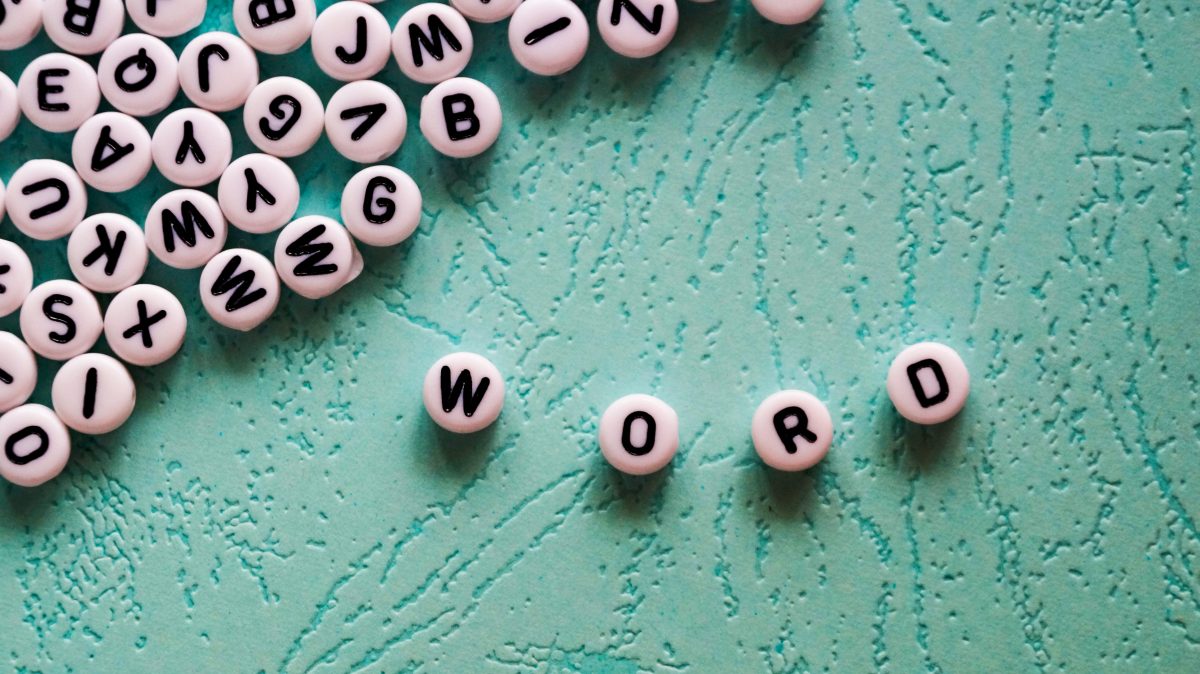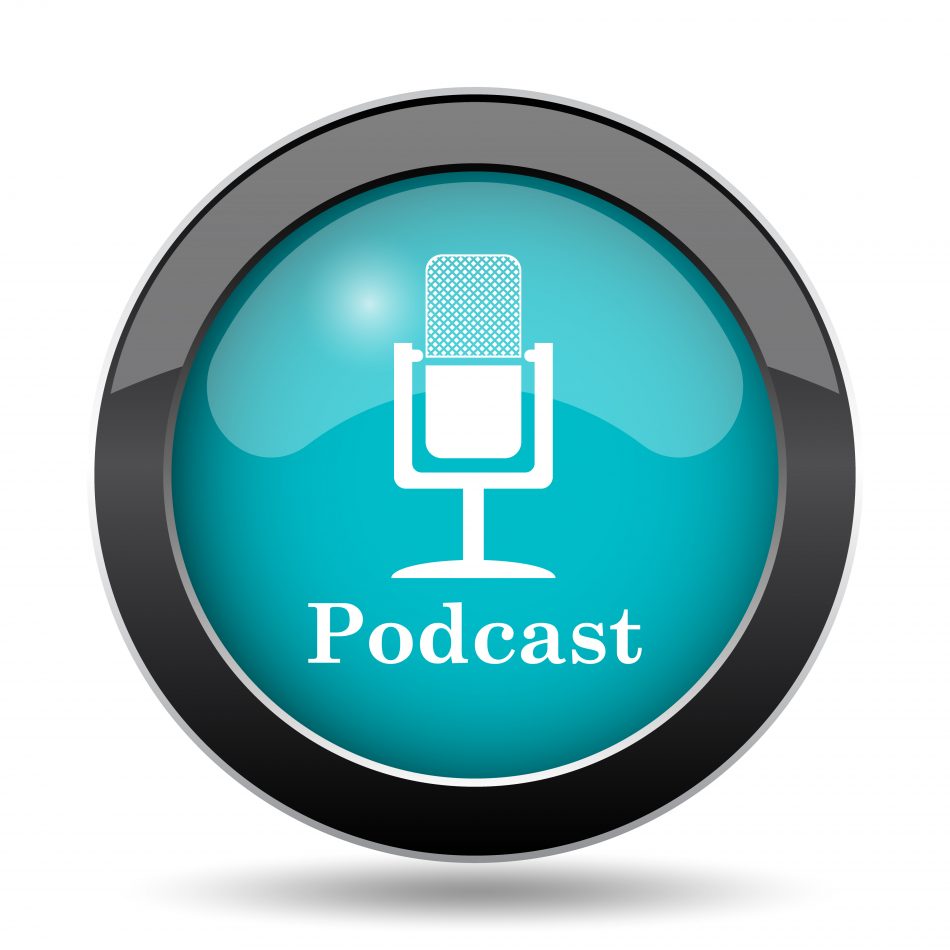For a very long time, the French education system was known as one of the best in Europe, if not worldwide.
However, over the past few years, this affirmation has become rather questionable. Indeed, every three years every French 15 years old pupil undertakes a test in reading, Maths, and Science and so do pupils from other countries.
Their tests’ results are then compared to each other in order to determine rankings of the best education system. It is the PISA (Program for International Student Assessment) test. The latest one dates from 2016. Its data gathers results from over 500, 000 pupils all over the world.
France arrived 26th out of 70 countries. It has lost a place in these rankings as it was 25th in 2012. This makes the French education system average compared to other developed countries. Moreover, France seems to perform really badly and owns the dunce’s cap when it comes to giving students equal opportunities.
Reducing this inequality of opportunities is something the French government is actively working on.
In this blog, I will introduce you to the French education system. More precisely, I will highlight the different French courses and their various levels and I will present you the different type of schools and their diplomas/degrees.
1) Level of French language evaluated in “Le cadre européen commun de référence pour les langues” (CECRL)
Before I start to underline the French education system, let me bring out the “cadre européen commun de référence pour les langues” (CECRL) as it is commonly used in France and actually displayed in languages classrooms.
It is also known as the Common European Framework of Reference for Languages (CEFR). The European Union, which is a multilingual group, has for objective to promote communication within Europe.
For this reason, the Europe council, as well as the University of Cambridge, have created the Common European Framework of Reference for Languages. Firstly used in Europe, it is now used worldwide to evaluate students’ levels in any language and plays a central role in language and education policy.
It contains a series of descriptions of abilities, 6 to be exact. They help teachers and students to set clear targets and to know exactly what a pupil is able to do or not, what is his/her language proficiency level. Here are the six descriptors:
1) Level A
This first level is divided into two parts: A1 and A2. A1 corresponds to beginners and A2 to elementary. Learners falling in one of these two groups have usually just started learning a language.
Description of each level of French language proficiency:
French language level A1 beginner
French language level A1 syllabus
→ Listening:
– Understanding everyday words and very basic expressions.
→ Reading:
– Understanding everyday words and very basic expressions (adverts, posters or brochures).
→ Taking part in a conversation:
– Communicating in a simple way provided the interlocutor repeats and speaks slowly.
– Asking and answering questions about everyday topics or about yourself.

→ Speaking continuously:
– Using simple expressions and sentences to describe where you live and people you know.
→ Writing:
– Writing a small postcard, when on holiday for example. – Filling in a questionnaire (name, nationality, address).
French language level A2 Advanced beginner French language level A2-1 syllabus
→ Listening:
– Recognising simple texts already read and heard in familiar situations. – Understanding numbers.
– Understanding simple words describing people in a very short story.
→ Reading:
– Understanding written texts already encountered before.
– Understanding the overall of a wording in a personal letter.
→ Taking part in a conversation:
– Conversing about easy and familiar situations (meetings, asking information) without the interlocutor having any understanding difficulties.
→ Speaking continuously:
– Introducing yourself and your family and friends (identity, job, hobbies…) in a few simple sentences.
→ Writing:
– Transcribing a simple spoken information in a couple of sentences.
French language level A2-2 syllabus
→ Listening:
– Understanding simple wordings never heard before but about familiar topics. – Understanding clear and short instructions.
– Understanding numbers said in sentences.

→ Reading:
– Understanding the most important points of very short and easy texts containing only very short amount of new structures and new words.
– Finding information in an informative document dealing with one or several familiar topics.
→ Taking part in a conversation:
– In a short conversation, asking and answering, briefly and without personal opinions, questions about familiar topics
→ Speaking continuously:
– Describing in a few sentences and in a simple way your personal situation.
→ Writing:
– Writing a short and easy note or message to communicate an information using documents and a dictionary. Some mistakes can appear but the overall text stays understandable.
French language level A2-3 syllabus
→ Listening:
– Understanding the main topic of an everyday conversation.
– In a short text, understanding simple sentences and recognising words or groups of words indicating tense changes, as well as the most common link words.
→ Reading:
– Understanding the main points of a text or of a simple and short letter dealing with one or several familiar topics.
→ Taking part in a conversation:
– Communicating in a simple and common situation, after having prepared it.
→ Speaking continuously:
– Describing in a few sentences a recent experience (past tense).

→ Writing:
– Writing a personal letter to introduce yourself, thank someone or speak about yourself.
– Writing a short note or message to answer a question.
2) Level B
This second level is also divided into two parts: B1 and B2. B1 is called intermediate level and B2 upper intermediate level. At the end of college, students are usually expected to reach level B2 in their first foreign language (they have to learn two languages in France).
French language level B1 Intermediate
French language level B1-1 syllabus
→ Listening:
– In a brief story, recognising the framework of the events and linking the characters and places to these events.
– In every other type of audible text, understanding the main information.
→ Reading:
– Recognising the structure of a simple and rather short text or letter.
– Understanding the main events and essential ideas in a text or post dealing with familiar topics.
→ Taking part in a conversation:
– Speaking about your own personal situation (family, hobbies, job, studies).
→ Speaking continuously:
– Coherently describing, in a few sentences, an experience or an event. – Expressing your opinion.
→ Writing:
– Writing a simple and coherent text about a familiar topic. – Writing a personal letter.
– Being able, when proofreading, to correct the most obvious mistakes.
French language level B1-2 syllabus
→ Listening:
– In a less than two minutes long conversation, understanding the opinion of each character. – Noticing and understanding specific information in an informative document.
– In a longer story, understanding the events’ framework (when the topic is familiar).
→ Reading:
– Understanding information about work, family life or about a known topic.
→ Taking part in a conversation:
– Taking part in a conversation without many difficulties when interlocutors speak about known topics (you might still need to look for some words or to ask your interlocutors to help you express yourself).
→ Speaking:
– Briefly and coherently explaining your opinions or plans.
→ Writing:
– Relating events, giving a report on a course or an experience and describing your thoughts in an at least ten lines text without using a dictionary (at least not too often).
French language level B1-3 syllabus
→ Listening:
– Understanding details of an at least two minutes long story on a known topic. – Understanding technical information about products or services.
– Understanding arguments formulated by different protagonists of a discussion when they are clearly said.
→ Reading:
– Understanding the main points of every text or post which don’t exceed 40 lines and which deal with a known topic.
→ Taking part in a conversation:
– Being able to speak about the majority of situations you can encounter when traveling in a French-speaking country.
– Being able to speak about everyday life and personal matters without any preparation.
→ Speaking:
– Telling the plot of a film, book… and describing your reactions with the use of connectives.
→ Writing:
– Writing without any difficulties a personal letter or a simple and coherent text about familiar topics and making sure there aren’t many mistakes.
French language level B2 Advanced
French language level B2 syllabus
→ Listening:
– Understanding a speech of a certain length and an argumentation about a known topic.
– Understanding most newspapers, TV programmes and films (spoken in an informal language).
→ Reading:
– Reading articles in which authors express their point of view. – Understanding a literary contemporary text in prose.
→ Taking part in a conversation:
– Communicating rather spontaneously which makes a discussion with a French native person possible.
→ Speaking:
– Expressing yourself clearly about many topics.
– Developing an opinion about currents events.
→ Writing:
– Writing detailed texts about most topics related to things you like.
3) Level C
French language level C1 and C2 Expert
This last level is, like the first two, divided into two parts: C1 and C2. When students get to these levels, they are more or less bilingual (level C2) or at least understand long and difficult spoken and written texts and are able to speak clearly and with a wide range of vocabulary (level C1).
II) The different type of schools and their diplomas/degrees
1) The years before entering school
Nursery, “la crèche”, doesn’t actually belong to the French education system but I thought it could be interesting mentioning it as a lot of children go there before entering school. Indeed, many mums have to go back to work quickly after having had their baby.
Ten weeks to be precise which is rather depressing I must admit (well it was for me…). Parents have the choice between different types of childcare. There is “la crèche” which is a nursery.
These are daycare centers which keep babies from two months to three years old. It is very complicated to get a slot in a nursery as they are so popular (mainly because mums have to go back to work when their baby turns two months old). In fact, parents are advised to try and book a slot as soon as they are pregnant! Other options are available such as “les assistantes maternelles”. These are qualified women who can look after three or four babies at their house. They are officially recognized by the French state.
It is a better solution in my view as they are more flexible than a nursery. Moreover, they meet up with other “assistantes maternelles” to organize activities for children so they can develop great social skills too.
2) “La maternelle” (preschool/kindergarten)
In France, children start school rather early at the age of three years old and sometimes at two and half years old.
Even though most children attend “la maternelle” at that age, school is actually compulsory from 6 years old when pupils start “l’école élémentaire” (primary school/elementary school). There are three classes in the French preschool system: “la petite section”, “la moyenne section” et “la grande section”.
Over the past couple of years, a new level has appeared: “la toute petite section”. This class is for children aged 2. It is primarily developed in deprived areas, mainly to help children developing their speaking.
Unlike preschool in many other countries, “la maternelle” is not just a place for children to develop their social skills. Indeed, its curriculum contains specific knowledge to be worked on such as reading (letters and phonemes), writing and numeracy.
A foreign language is also offered in French preschools. Everything is based on games. Artistic activities are also very present as they help children developing their creativity and imagination while playing.
3) “L’école élémentaire”
Children go to this school for five years from 6 to 11 years old. There are therefore five levels: CP (cours préparatoire), CE1, CE2 (cours élémentaire 1 and 2), CM1 and CM2 (cours moyen 1 and 2).
They spend about 24 hours in class Monday to Friday. It is up to the local town hall to decide whether children have to attend school on Wednesday morning or not and therefore split the 24 weekly hours over four or five days.
Like in most countries, the French curriculum includes literacy, numeracy, a foreign language (mainly English, even though teachers don’t seem to put a big emphasis on that subject…), PE, History, Geography…
4) “Le collège” (secondary school)
Every child, aged 11 to 15, go to secondary school in France. The four classes, corresponding to grades 6 to 9, are called “sixième”, “cinquième”, “quatrième” and “troisième”.
Pupils receive a very general learning as it is only at the end of secondary school that children are oriented and that they can therefore slightly specialize in a certain learning area.
The curriculum includes French, Maths, PE, two foreign languages (mainly English and Spanish/German/Italian), Arts, Music, History, Geography, Civil Education, Technical Education, Science, Physics, and Chemistry.
In their last year, pupils undertake an exam, “le brevet des collèges”. This exam has totally lost its value as it is so easily obtained…
5) Le lycée (sixth form/college)
Students go to college from 15 to 18 years old. The classes correspond to grades 10 to 12 and are called “seconde”, “première” and “terminale”.
There are three types of college they can be oriented towards, mainly depending on their school results and their professional wishes: “lycée général”, “lycée professionel” and “lycée technique”.
During their “lycée” years, pupils prepare to sit for their final exam: “le baccalauréat”, very often shorten to “le bac”.
Supposedly, every “lycée” in France offers the same educational standard and the same chance to their students.
However, each year a sort of survey highlights the results of the “bac” for each college in France, basically showing which schools are the best. The same ones come back to the top of the list every year. They are the Lycée Louis-le-Grand or Lycée Henri-IV in Paris, the Lycée Fermat in Toulouse, and a handful of other famous public lycées.
6) Le lycée professsionel
Students who wish to learn a manual or clerical job may choose to study in a “lycée professionnel”.
Their academic syllabus is rather reduced as they principally focus on learning usefull skills for their chosen career but they do have to study French, Maths and a foreign language.
At the end of their three years in a “lycée professionnel”, students also take “le baccalauréat” but it is called “baccalauréat professionel”.

Some extra knowledge:
The success rate of the “baccalauréat” in June 2017 was 87.9% which is a bit less than the previous year. With less than 13 percent failure, it is considered by many French people as a far too easy exam… Some even go as far as saying that it is actually given to students… Nonetheless, it is a rather rigorous exam with oral, speaking and written parts and students are evaluated in many subjects. It lasts up to six days.
Every year, in June, media discuss the subjects in Philosophy which always is, as some sort of ritual, the first exam that students have to take. To obtain his/her “baccalauréat”, a student must have at least 10/20 (average mark).
If (s)he gets between 8 and 10/20, (s)he goes to the “rattrapages”. They can basically resit the exam. There are three distinctions (“mention” in French) when passing the “baccalauréat” :
“Bac with mention assez bien” (rather good): between 12 and 14/20 “Bac with mention bien” (good): between 14 and 16/20
“Bac with mention très bien” (very good): 16/20 and more
7) Higher education
In most countries, going to university is considered as the pinnacle of education. Not so much in France. Indeed, anyone can go to uni as long as they have their “baccalauréat”. Moreover, universities are underfunded compared to international standards.
Having said that, French universities actually do a remarkably great job in terms of productivity (ratio between investment per student, quality, and the results obtained). At university, students take their “licence” (three years degree).
Once they pass their bachelor’s degree, they can take a “maîtrise” also called “master” (an extra two years studying). Finally, they can take, if they pass their Master’s degree, a “doctorat” which is a Ph.D. However, the crème de la crème in higher education in France is the “Grandes Ecoles” which teach to tomorrow’s “haut fonctionnaires” (senior civil servants), leaders of industry, top military brass, top politicians, engineers, physicists and others.
After having obtained their “baccalauréat”, students have to take a competitive exam to enter those very elitist schools. They prepare this exam in the “classes préparatoires” which are also very selective.
Two of France’s Grandes Ecoles (ENS and Polytechnique), but no universities, are listed in the 2018 QS world’s top 100 universities listing. L’ENS (école nationale supérieure) of Paris comes 43rd and the Ecole Polytechnique 59th.
So here you have it: the French education system and its various courses and levels.
Conclusion
Please do share your in which level are you in the comment section on your experience/difficulty in learning each levels to study French
Side Note: Want a light introduction to French Courses Online? Check Out Our French Courses Online for Beginners

































